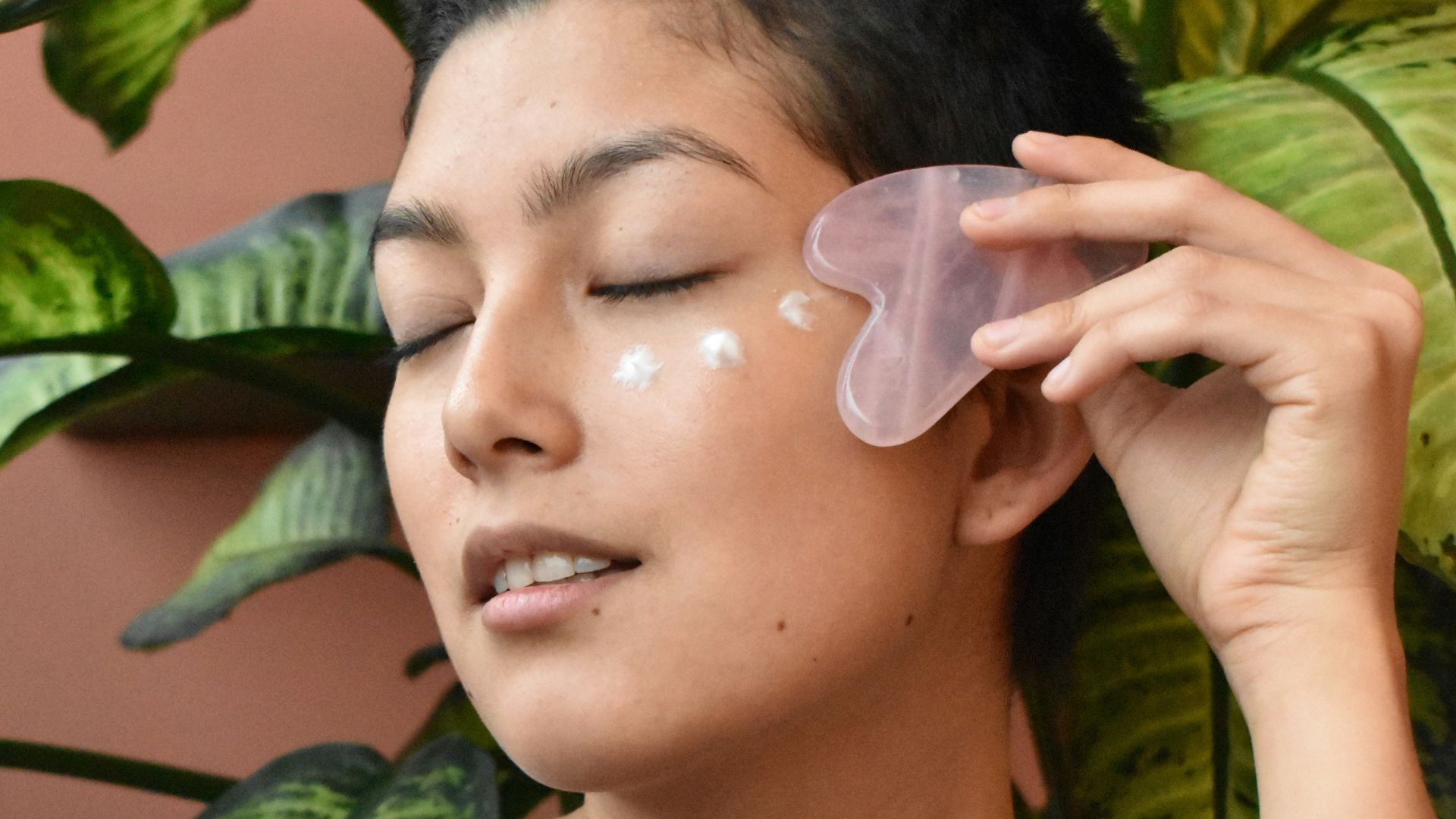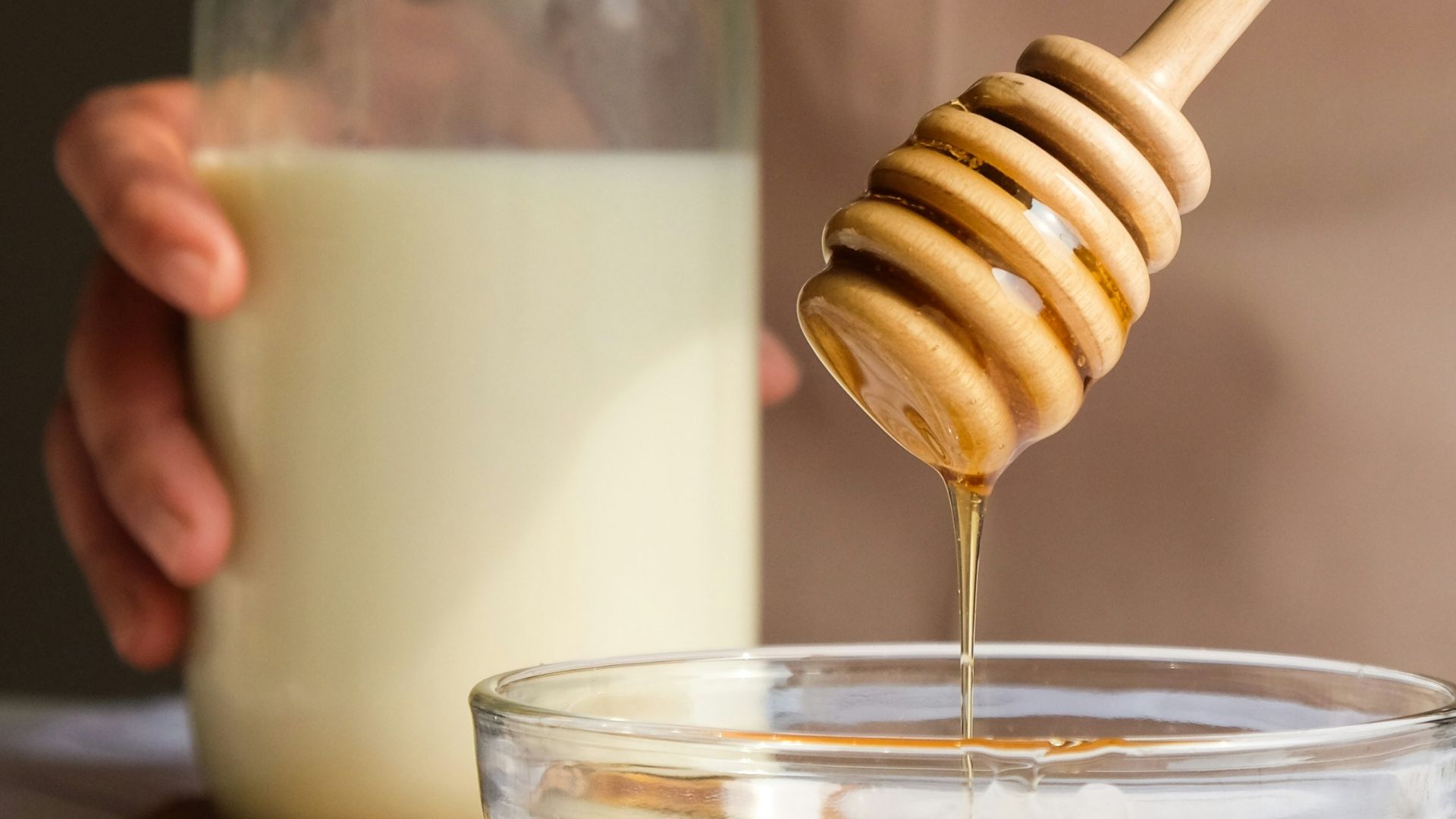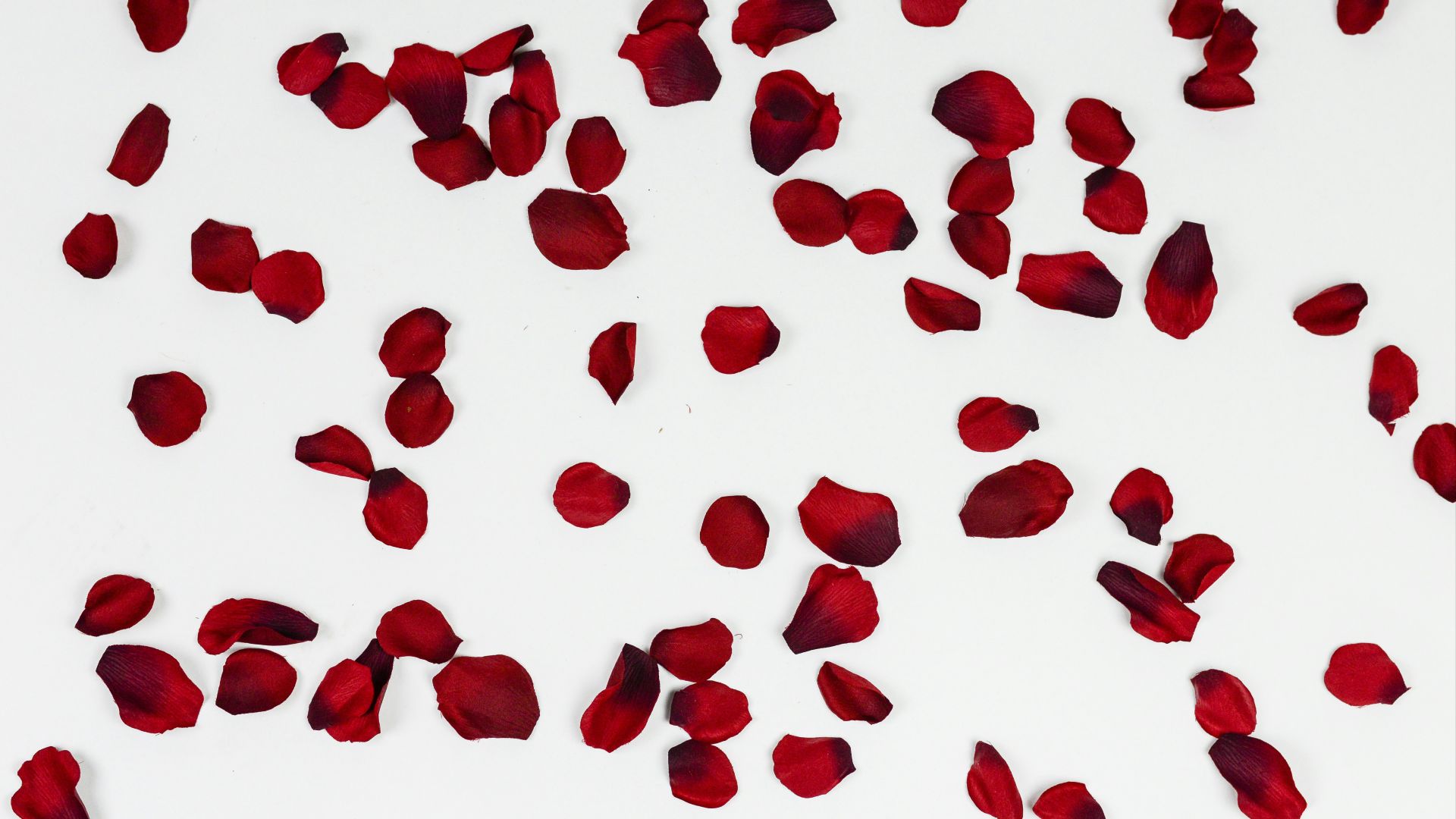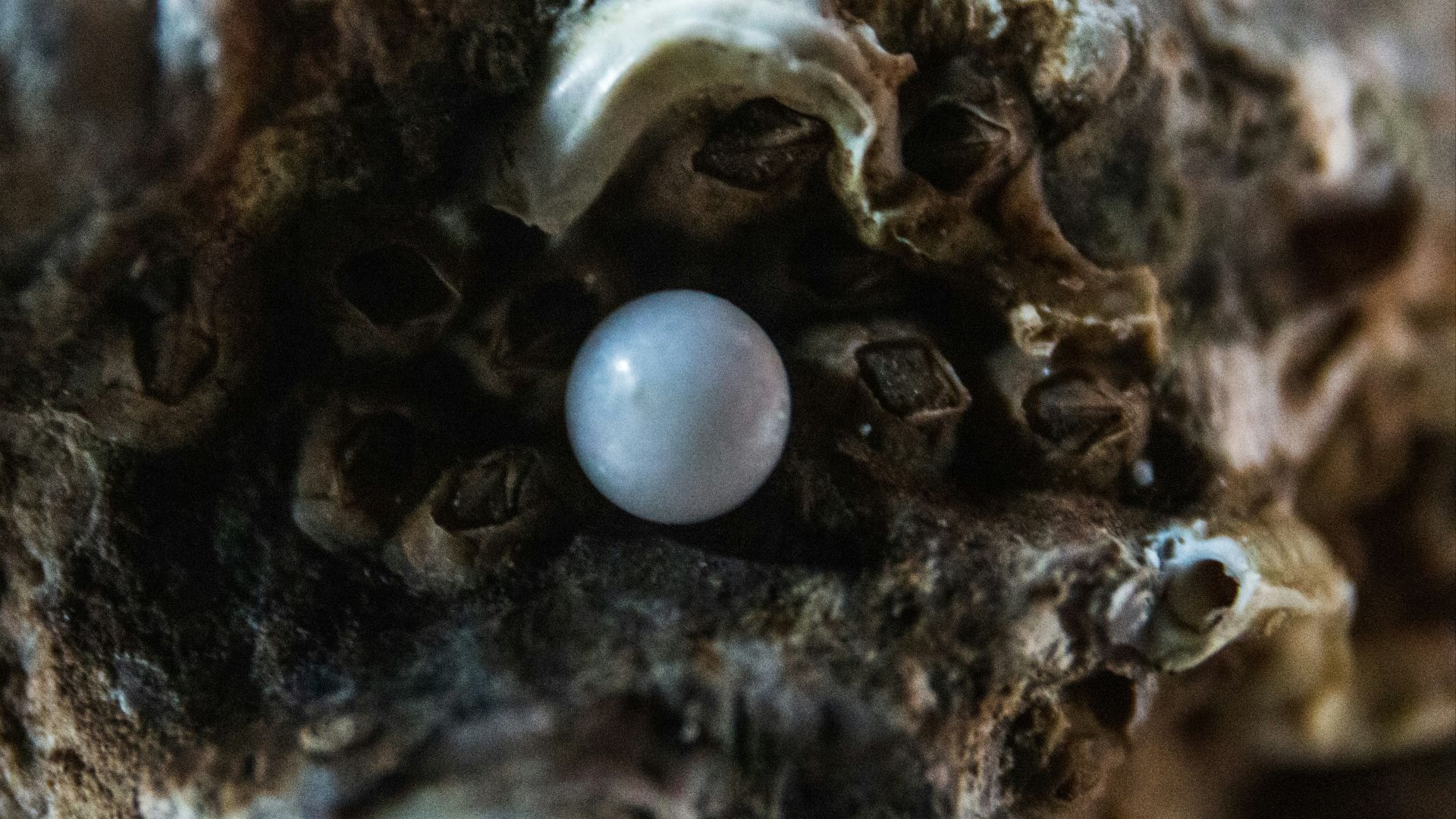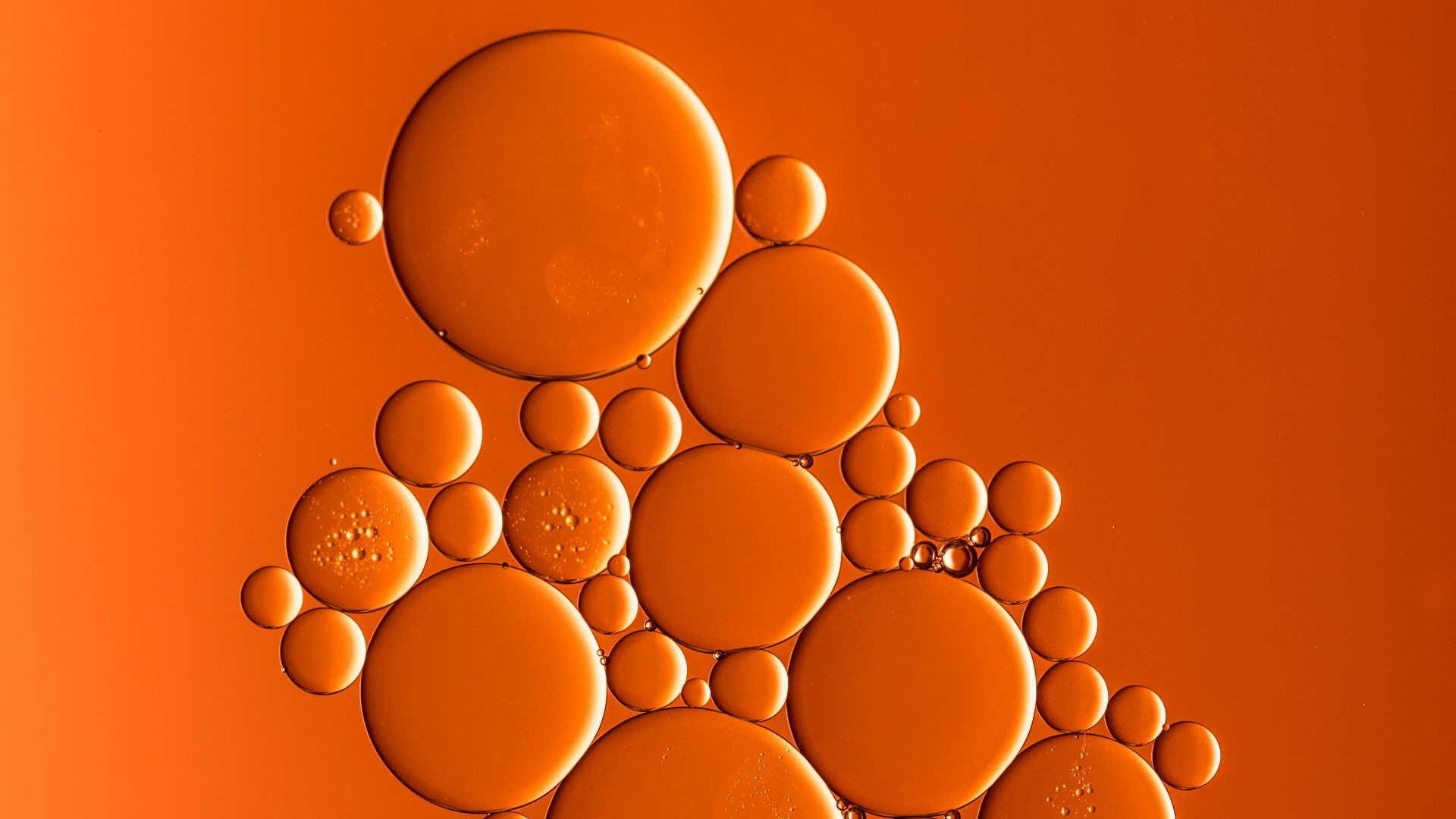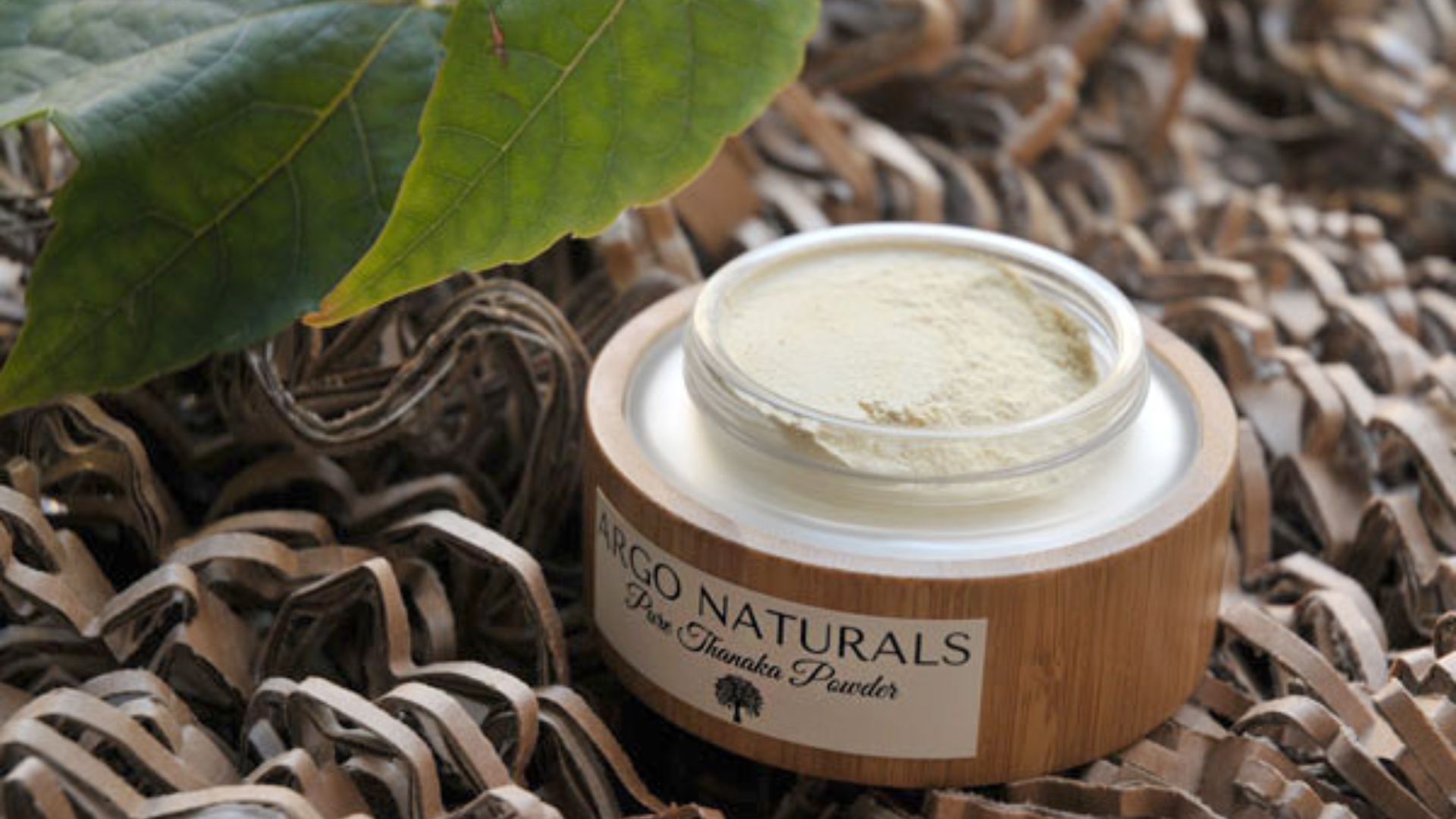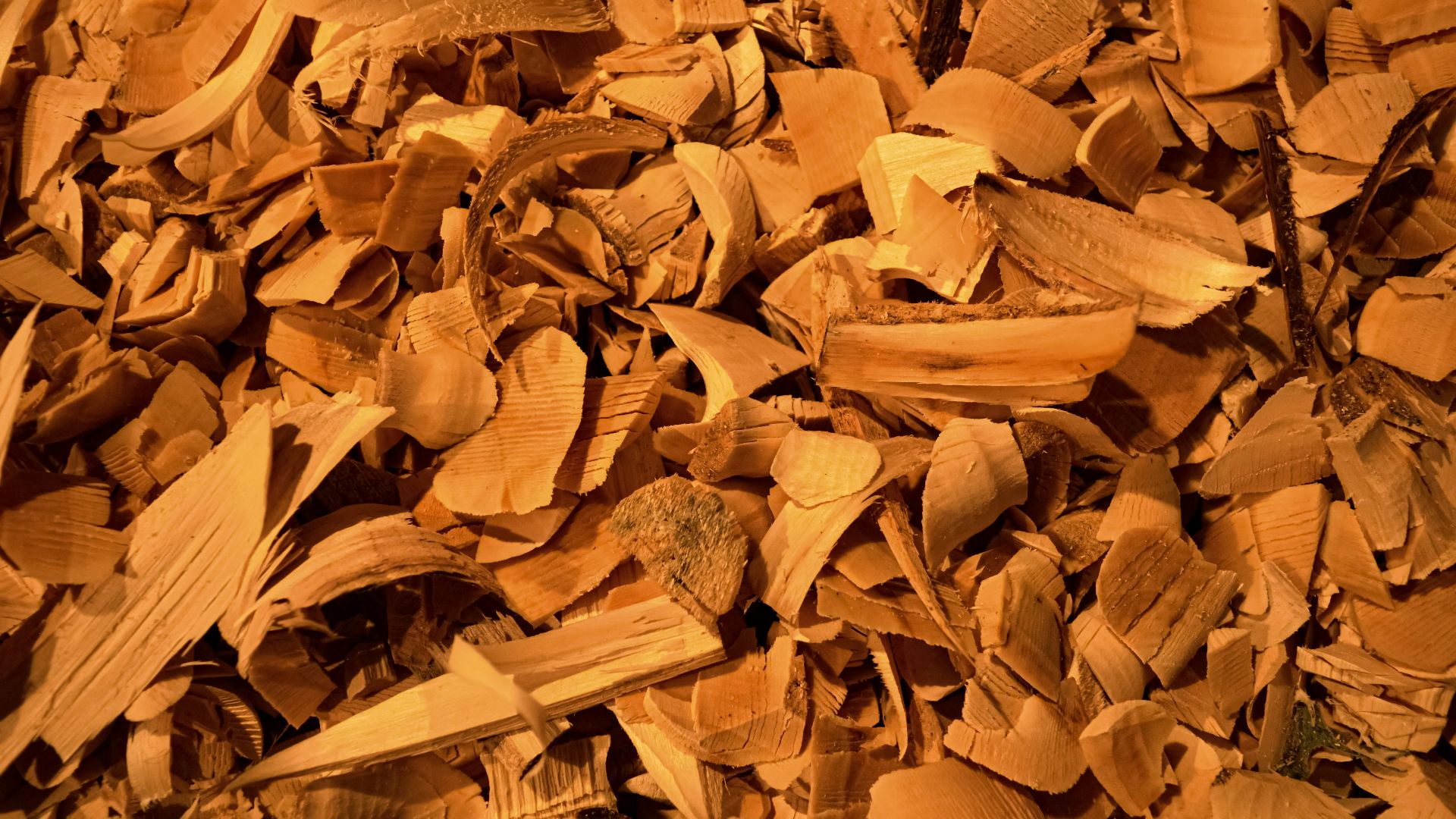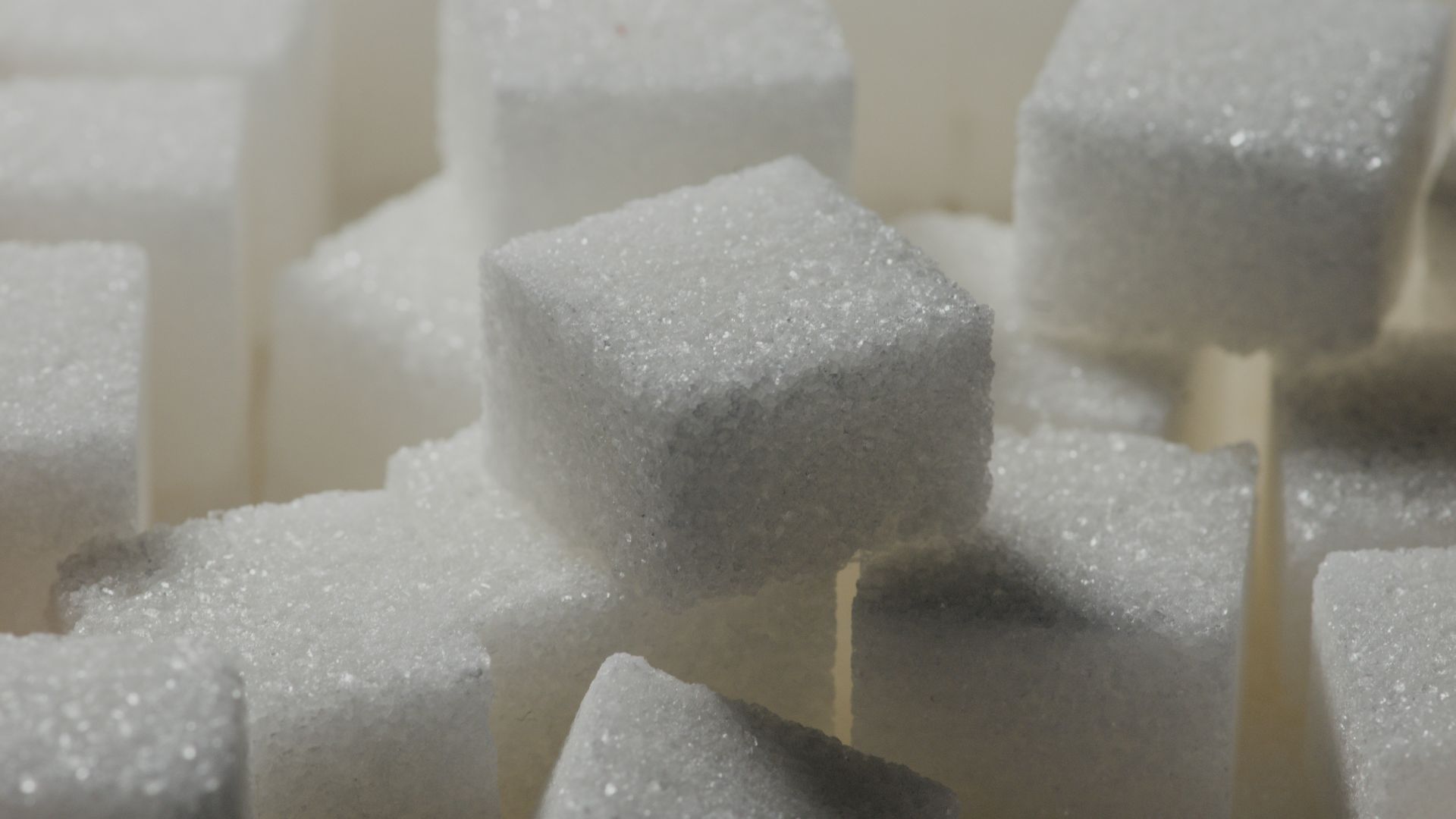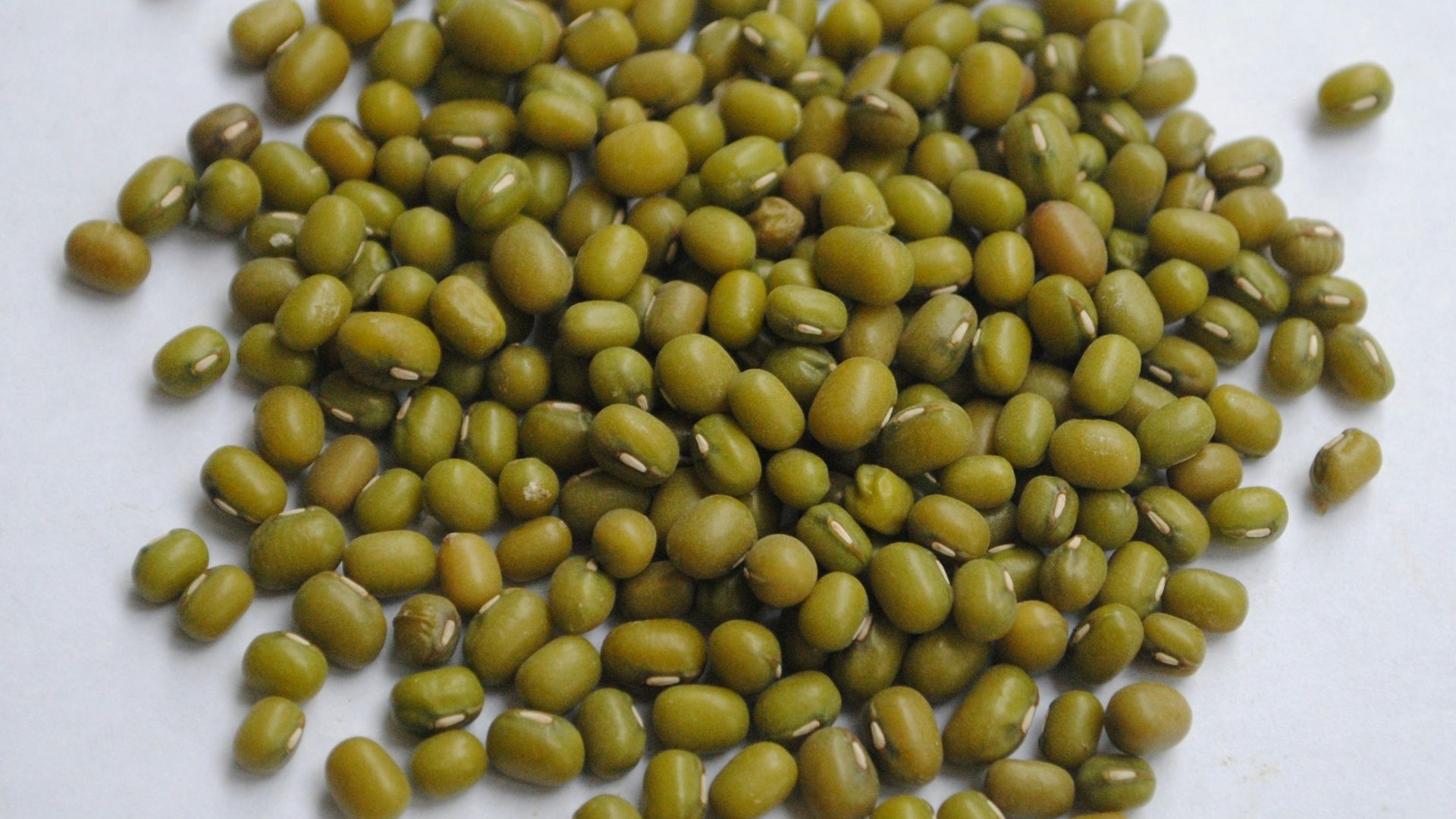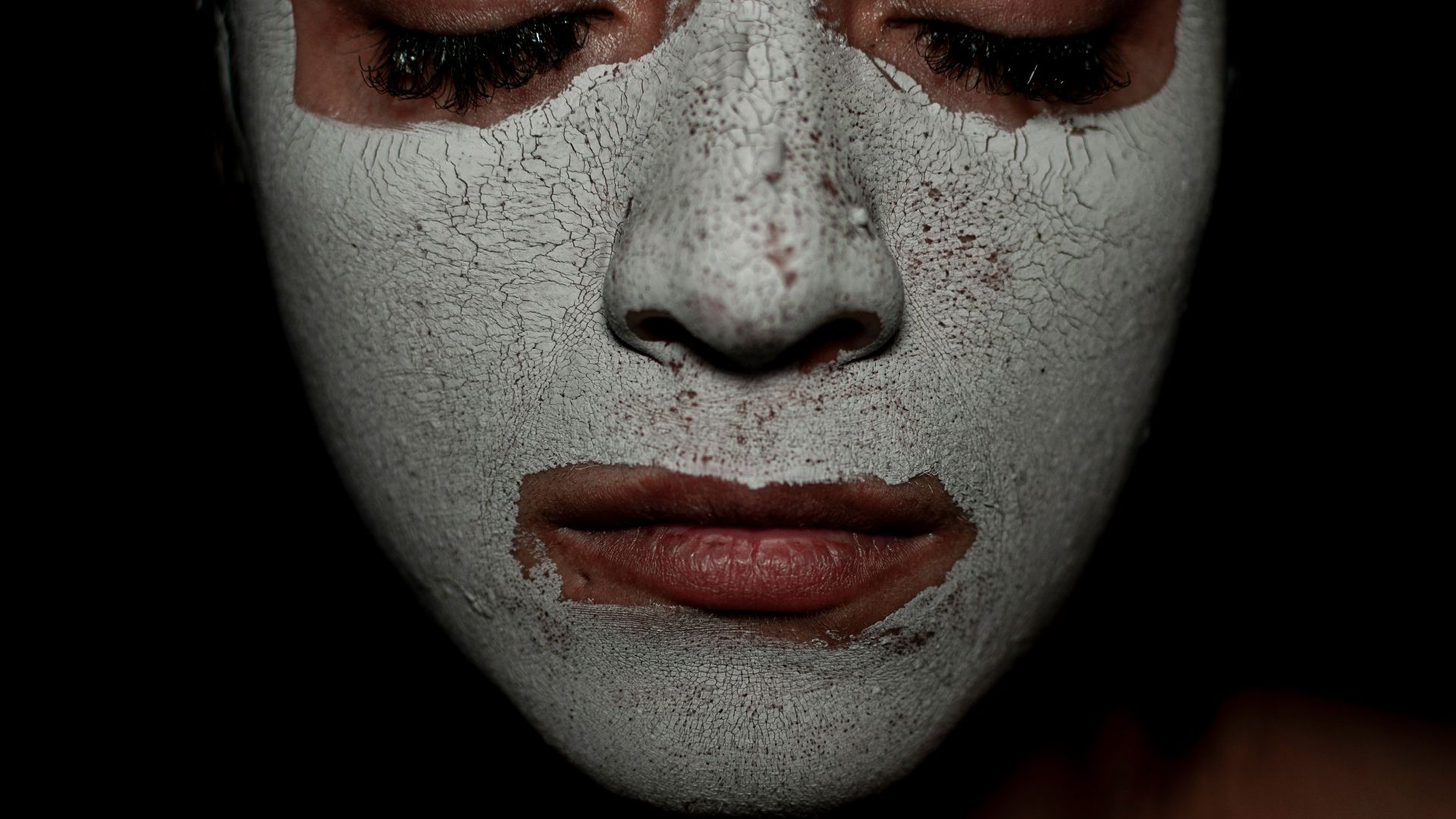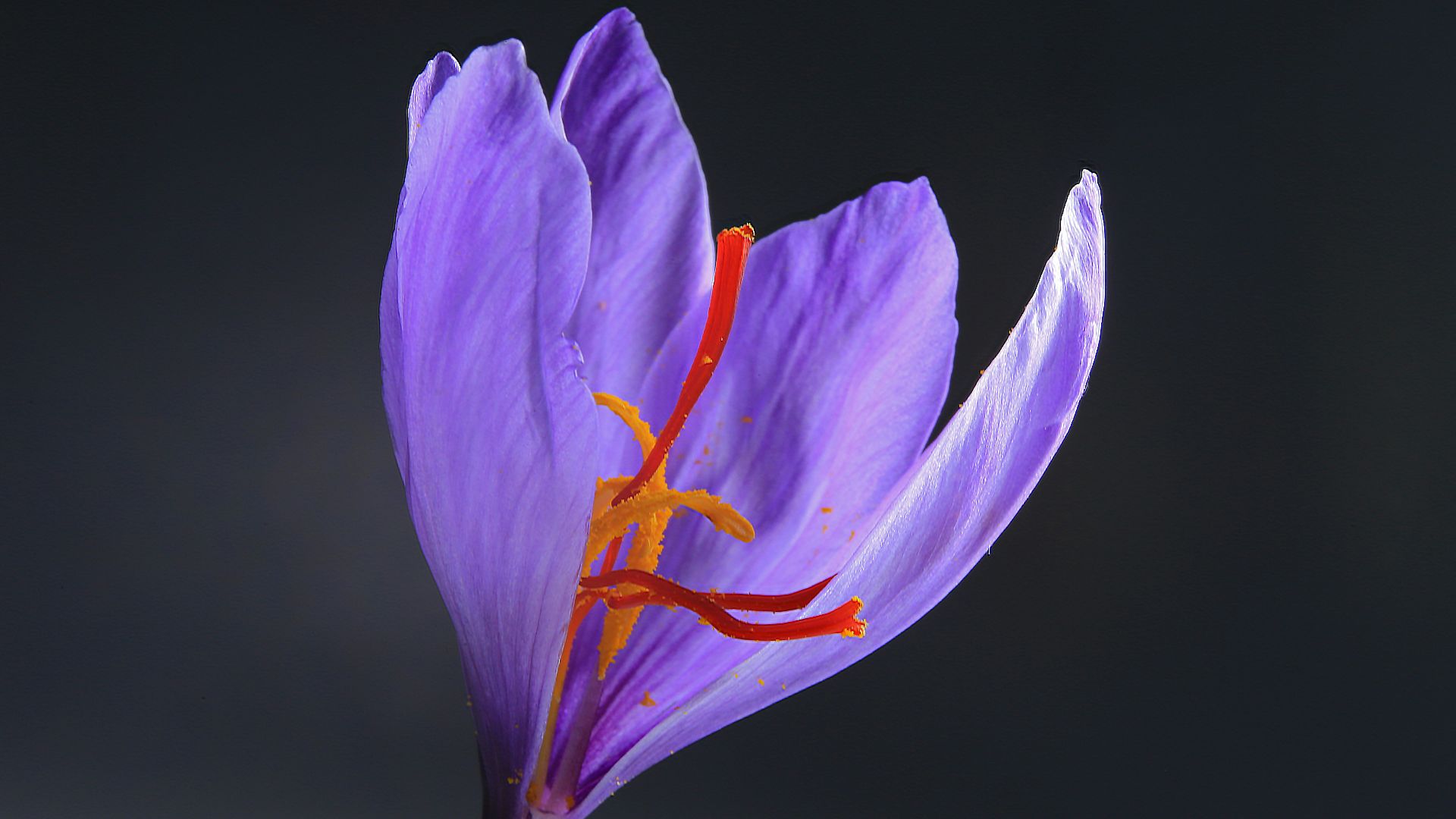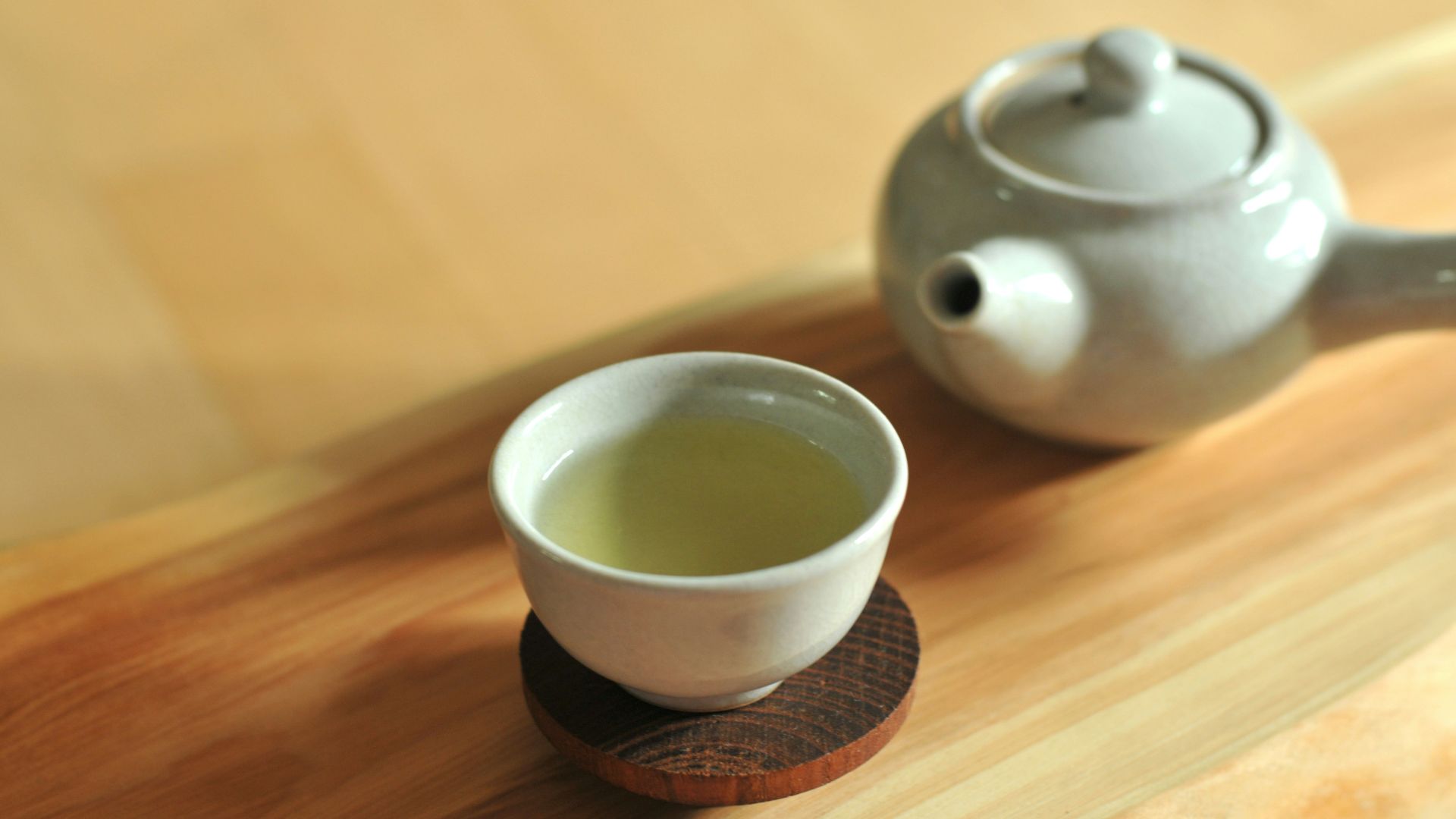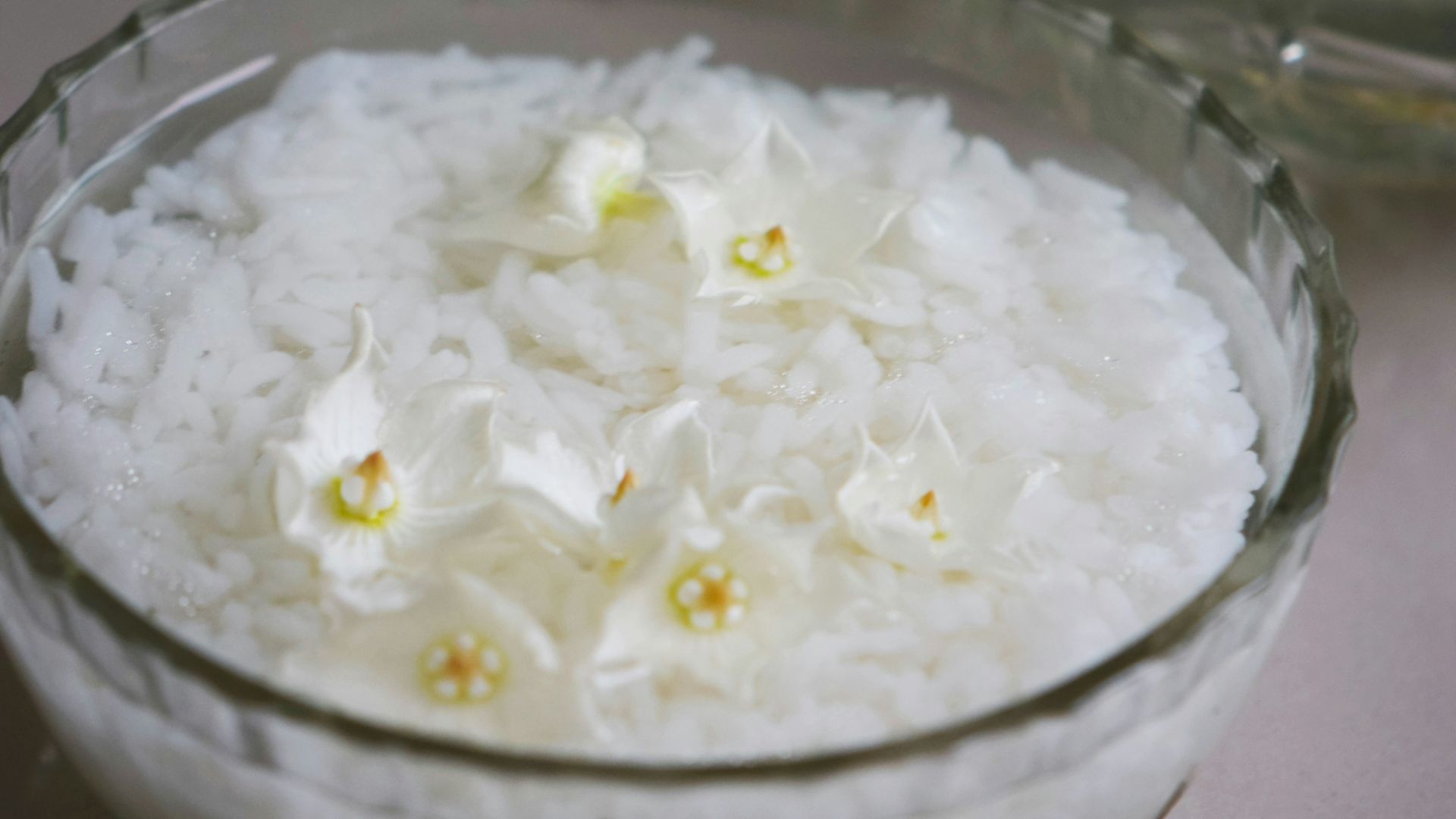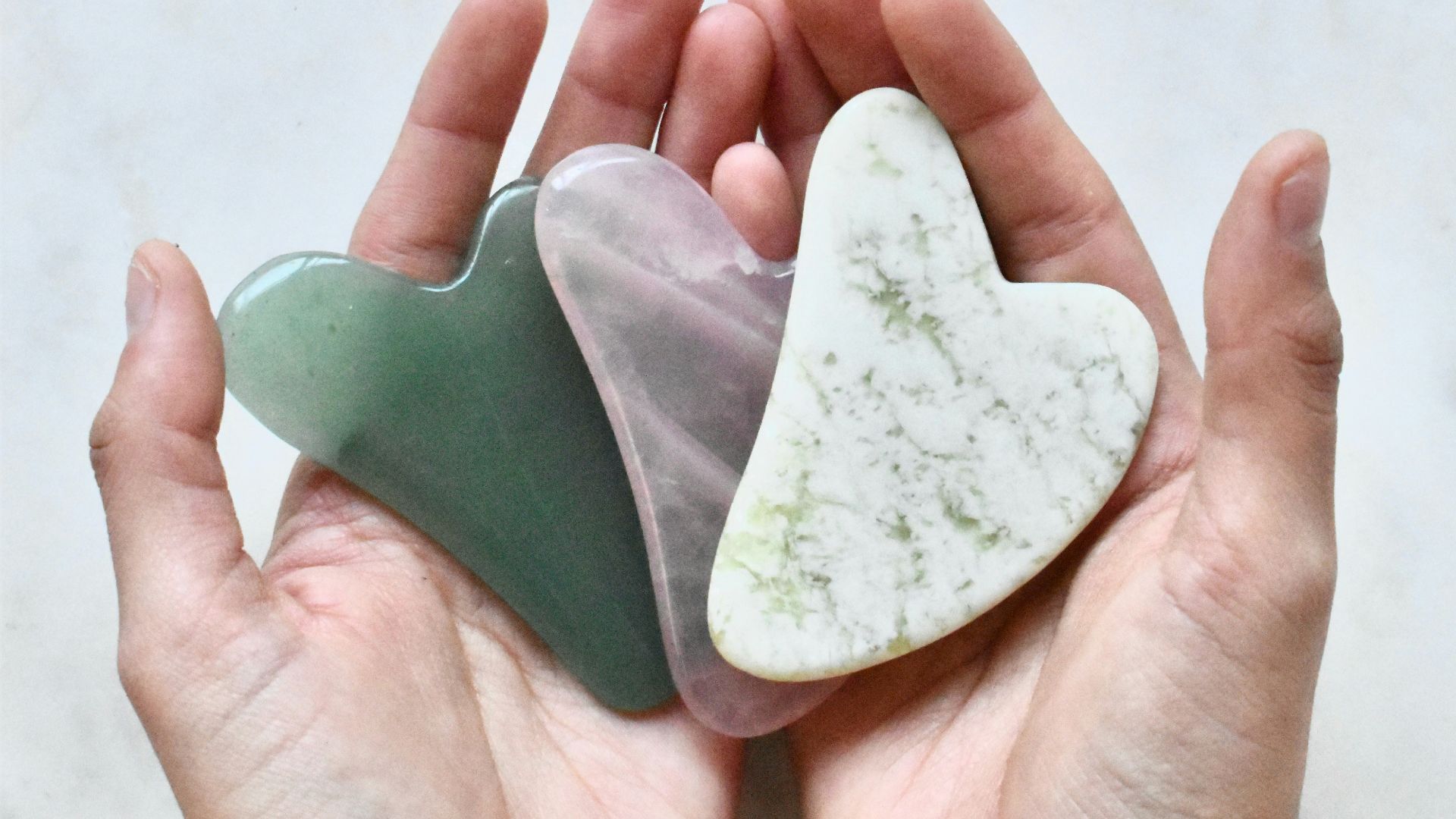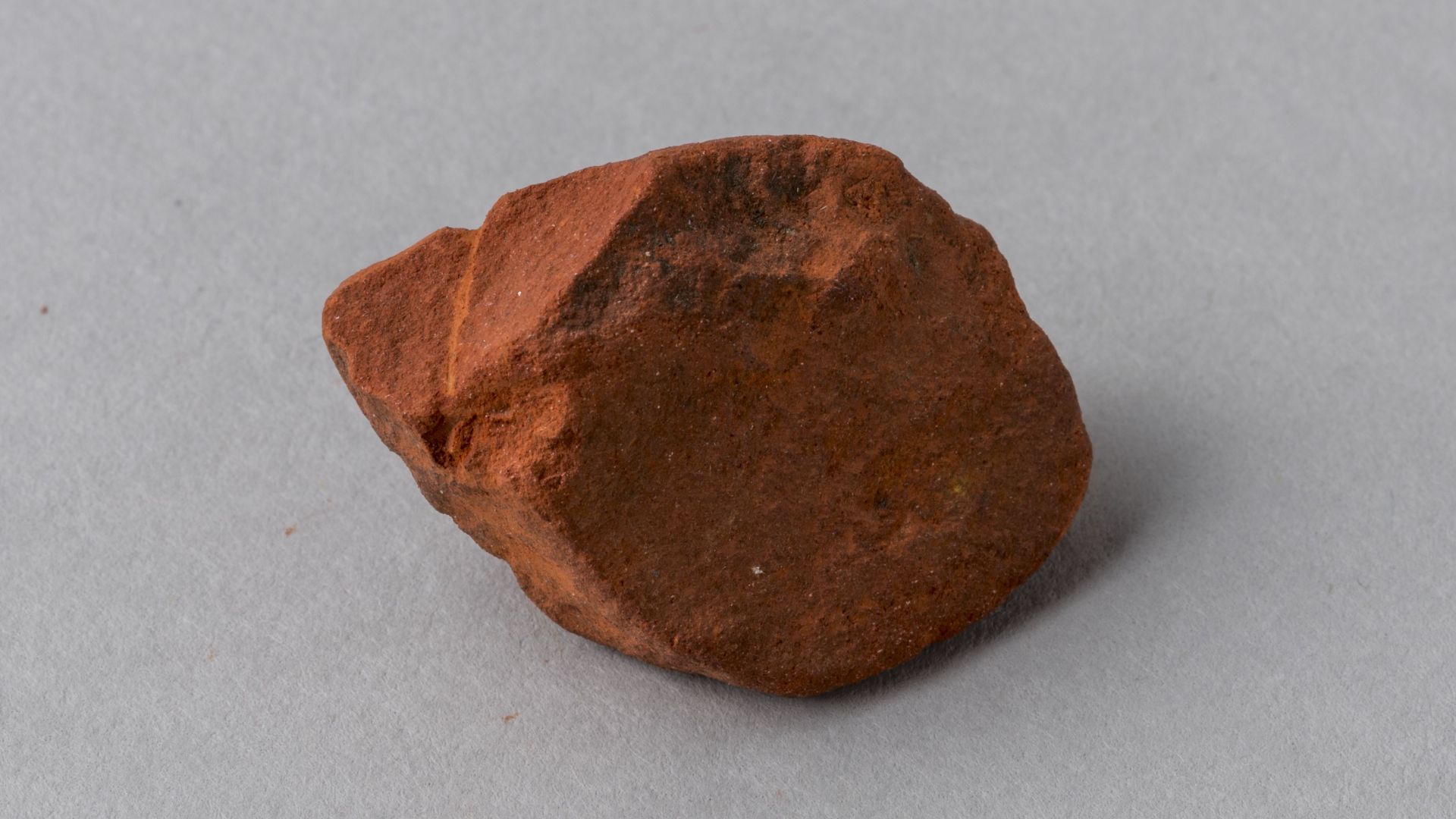Ye Olde Mud Baths
It’s comforting to know that even our ancient ancestors struggled with acne or hyperpigmentation. Looking and feeling your best has always been in style, and the beauty regimens from our earlier days range from still useful to downright dangerous. That said, there may be a few on this list that will pique your interest.
1. Turmeric
Turmeric has been used to brighten the skin for centuries, often mixed with ingredients like honey, yogurt, oatmeal, or clay. It originated in India as a common beauty regimen and was even used in pre-wedding preparation rituals.
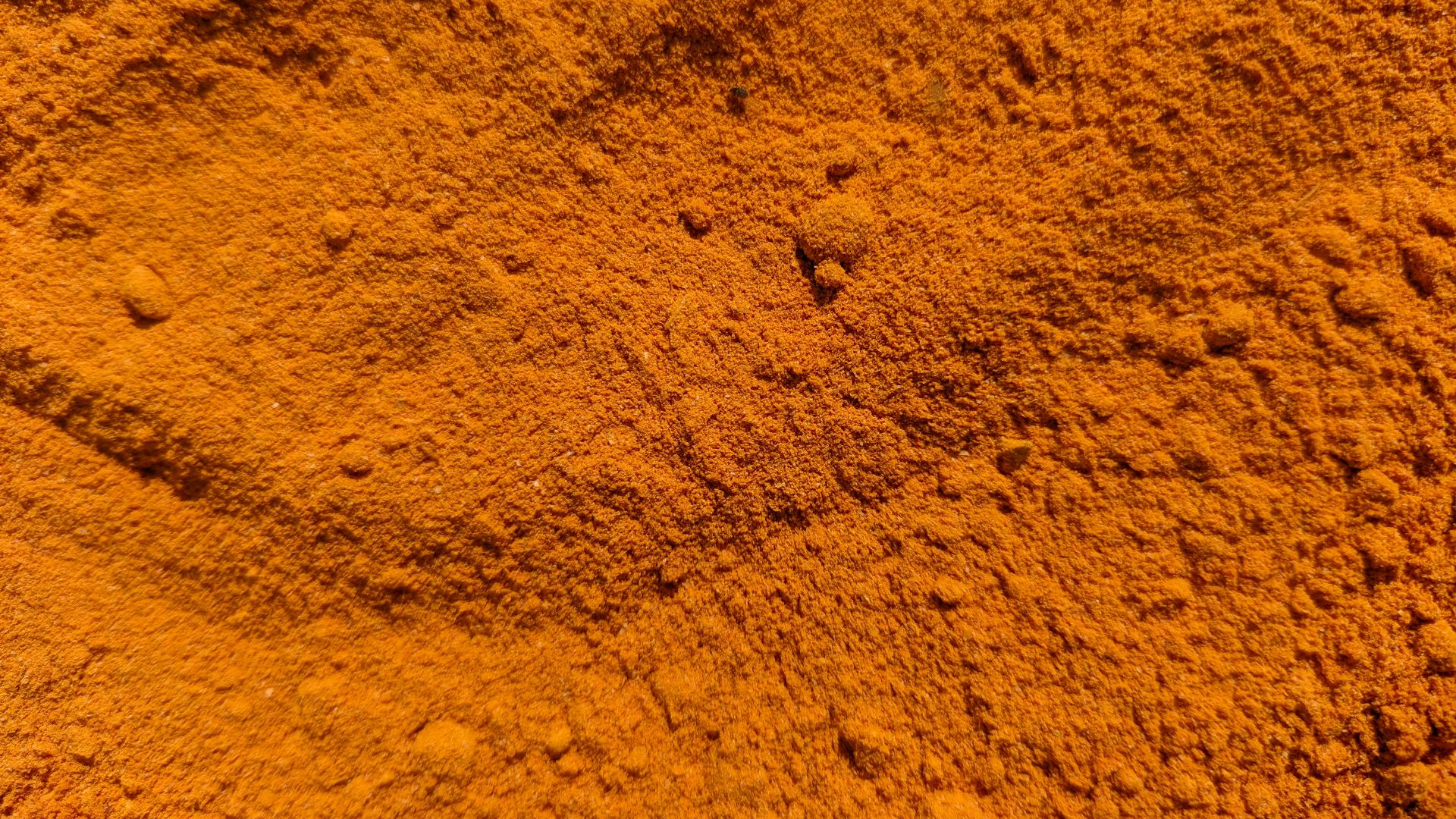 Md Shakil Photography on Unsplash
Md Shakil Photography on Unsplash
2. Mud Baths
Mud baths were popular in ancient Egyptian, Greek, and Mesopotamian societies and are still used today. Thought by these societies to be a healing and rejuvenating treatment for the body and mind, mud baths are said to open the pores, reduce inflammation, and act as a gentle exfoliant for the skin.
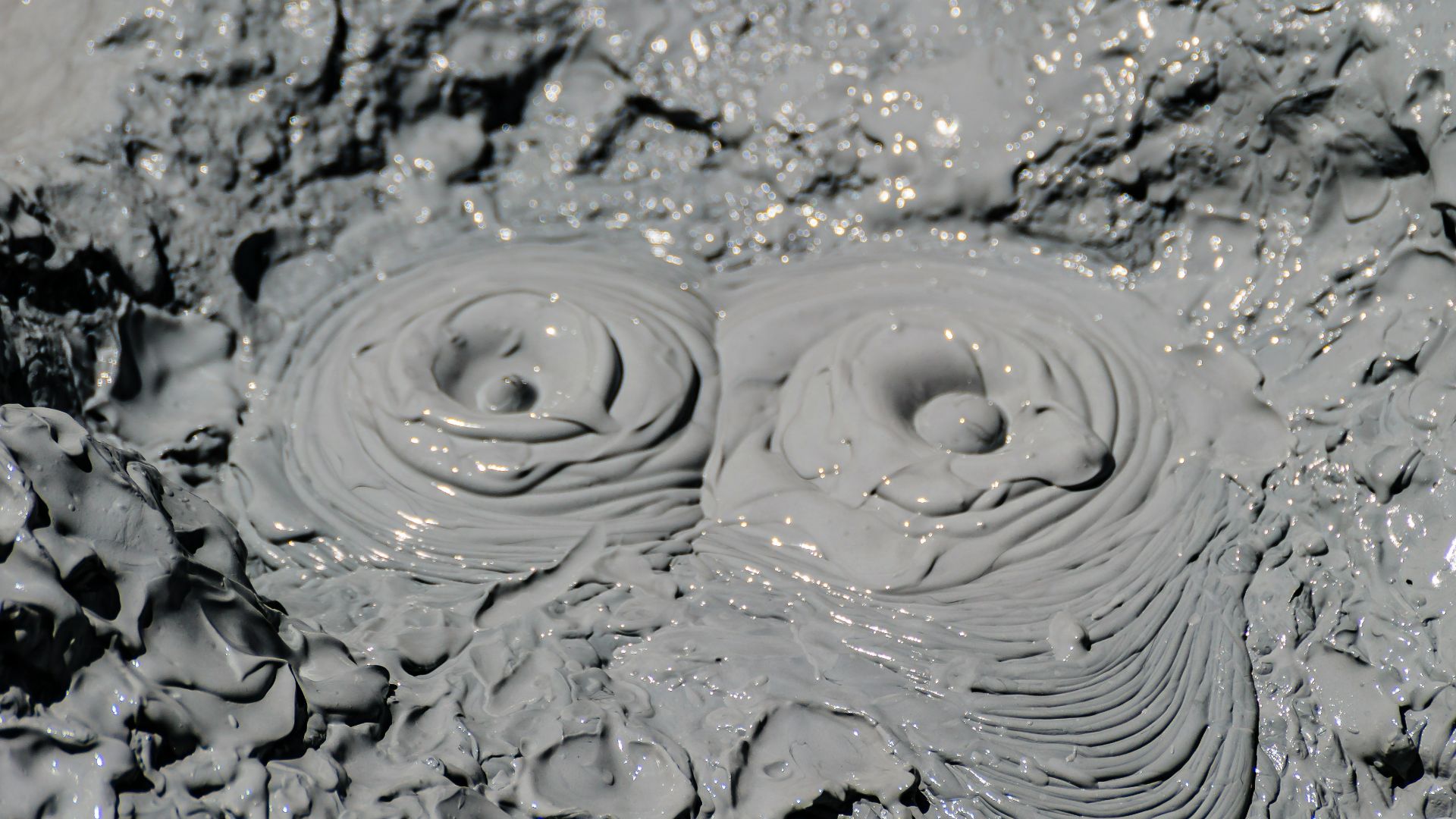 Alexander Schimmeck on Unsplash
Alexander Schimmeck on Unsplash
3. Venetian Ceruse
For millennia, women have tried to lighten their skin through less-than-favorable means. Venetian Ceruse was a type of white lead that came from Italy, and was often mixed with water and vinegar before applying to the skin. It should come as no surprise that frequent use of this makeup product leads to lead poisoning, skin damage, hair loss, and death.
4. Milk And Honey Baths
The Royals have used this luxurious bath for years. Popularized by Queen Cleopatra, her bathing routine involved sour donkey milk, honey, rose petals, and essential oils to improve her skin’s texture and appearance. Empress Poppaea and Queen Elizabeth I are also cited to have bathed in milk.
5. Rose Petals
Ancient Egypt, Greece, and Rome all made use of this scented flower for both aesthetic and medicinal properties. It was common to see rose petals scattered among bathhouses, incorporated into perfumes and cosmetics, and even ground up to create an anti-wrinkle mask.
6. Pearl Powder
Pearl powder has been used for over 2,000 years, and has deep attachments to ancient Chinese and Indian medicine. Made by milling pearls down into a fine powder, wealthy women used the powder to achieve youthful and radiant skin.
7. Oils
It should come as no surprise that oils have been a cornerstone of beauty regimens since their creation. The Egyptians and Greeks used olive, castor, and sesame oil for their skin and hair, while the Incas and ancient African societies used jojoba and emu oil. Camellia and jasmine oils were often used in ancient Chinese and Indian skincare routines.
8. Thanaka Powder
Thanaka powder consists of roots, bark, and wood from the Thanaka tree, and originated in the Pyu civilization of Myanmar. It was used for sun protection, anti-inflammatory effects, and to improve the skin’s complexion.
9. Ayurvedic Medicine
Rather than a singular ingredient, ayurvedic medicine is an ancient Indian holistic system that focuses on balancing the mind, body, and spirit. Used in combination with massage, meditation, yoga, and dieting, ayurvedic skincare includes ashwagandha, turmeric, sandalwood, aloe, and other ingredients, depending on the needs of the individual.
10. Sugaring
Sugaring surprisingly dates back to ancient Egypt, possibly as early as 1900 BCE. It was used by the elites as a status symbol and was created by mixing sugar, water, and lemon juice.
11. Mung Beans
This common beauty ingredient has its roots in ancient Chinese and Korean societies, often used in masks and cleansers. Said to treat acne, puffiness, and wrinkles, mung beans were the popular skincare choice for Chinese empresses.
12. Clay Masks
Clay masks have been used to draw out impurities for over 5,000 years, and have their roots in ancient Egypt, India, Greece, and Rome. Egyptians used clay from the Nile and the desert for its healing and rejuvenating properties, while India used a clay called Fuller’s Earth, which was often mixed with sandalwood paste and gram flour.
13. Saffron
Saffron is an incredibly labor-intensive and low-yielding flower to harvest, making it one of the most expensive spices in the world. It’s said to be quite rich in antioxidants and promises anti-inflammatory and hyperpigmentation reduction. Ancient Greece, Egypt, and Persia were among the first societies to use the spice in perfumes, skin treatments, and dyes.
14. Henna
Most commonly used today for cultural and spiritual purposes, Ancient Egypt, India, the Middle East, and other North African societies used henna as a hair conditioner, hair dye, or nail polish.
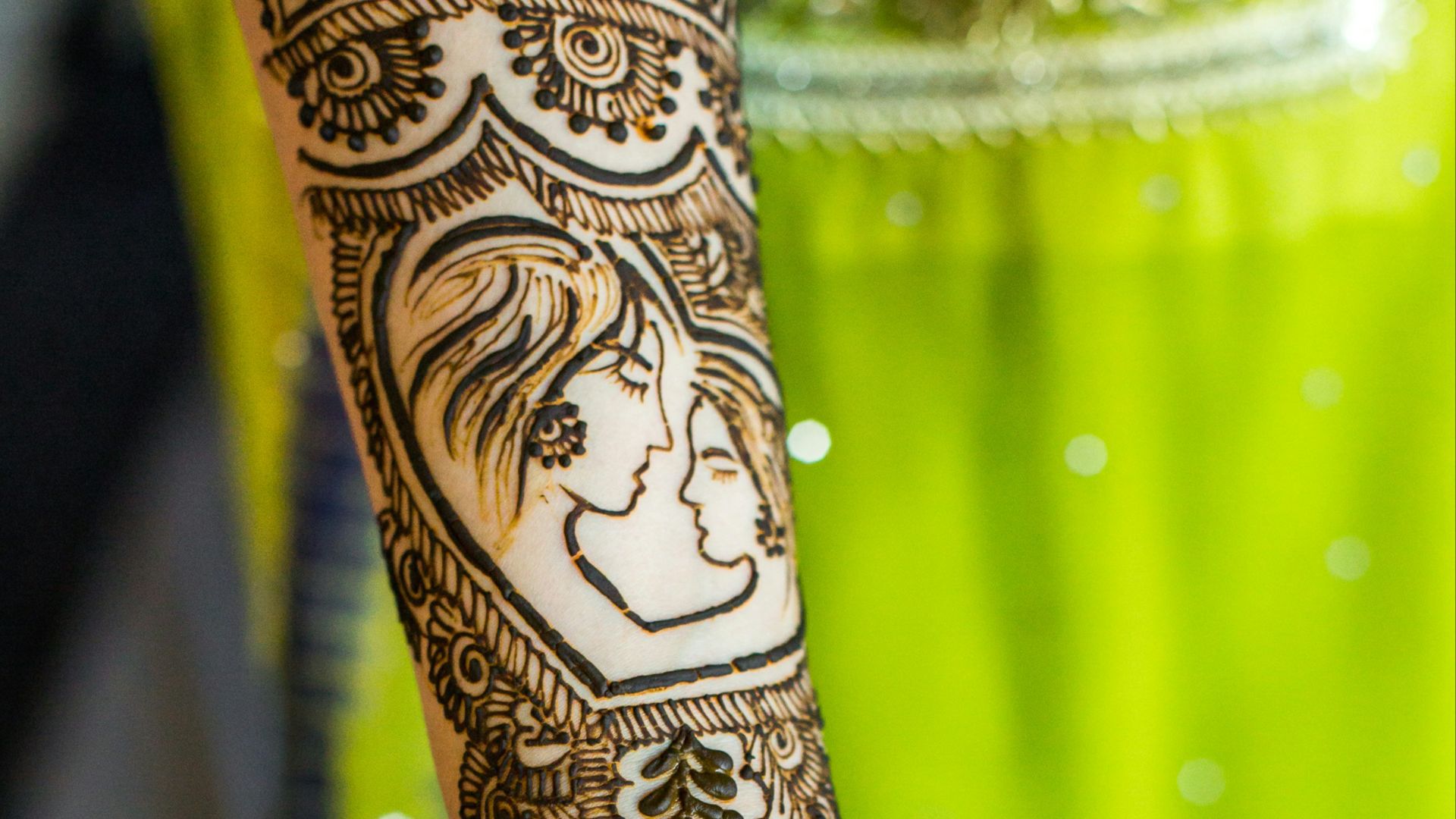 Vitaliy Lyubezhanin on Unsplash
Vitaliy Lyubezhanin on Unsplash
15. Green Tea
Ancient Chinese and Japanese societies used green tea for beauty reasons in a few ways. Aside from the positive benefits of drinking the tea, the extract was used for face masks in China, while Japan used the tea as a face wash or eye compress.
16. Aloe Vera
Both Nefertiti and Cleopatra used the “plant of immortality” as a part of their daily skincare routines, praising it for their moisturizing and soothing effects. The plant was also revered in ancient Greece, Rome, India, China, and Aztec societies for its beauty and medicinal purposes.
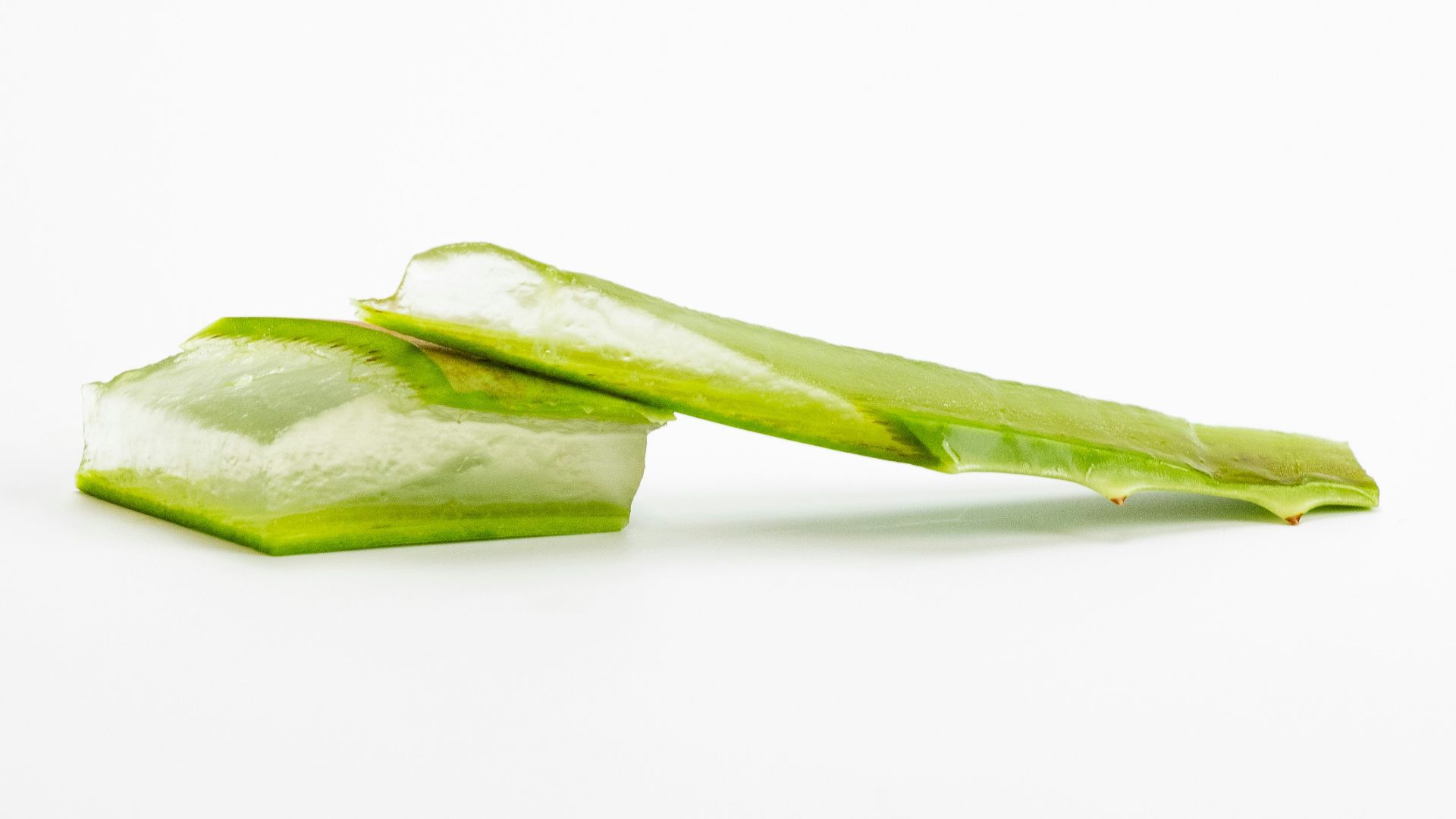 Katherine Jenswold on Unsplash
Katherine Jenswold on Unsplash
17. Rice Water
This popular beauty routine was used in ancient Chinese, Japanese, and Korean cultures, but was most notably used by Chinese women from 618-907 CE. Rice water reduces inflammation, pigmentation and can help the skin recover from sun exposure. It’s also been said to be an excellent hair wash, increasing shine, strength, and reducing breakage.
18. Seaweed
China and other coastal Indigenous communities have used seaweed for beauty and medicinal purposes for centuries. It’s said to be quite hydrating while still protecting the skin against environmental damage, and can help with conditions like acne, rosacea, and eczema.
19. Gua Sha
The use of gua shas as a formal practice began in ancient China’s Ming Dynasty (1368-1644), even though the remedy has likely been used for much longer. Used in medical treatments for pain relief, colds, or fatigue, it also helps to improve circulation, reduce puffiness, and relieve muscle tension in the face.
20. Red Ochre
This popular pigment has been used since the Stone Age, often for art, decoration, and burial rites. Ancient Egypt, Greece, and Roman societies often used the color in rouge or lipstick, but it has deep symbolism related to power, valor, and success in cultures worldwide.
KEEP ON READING
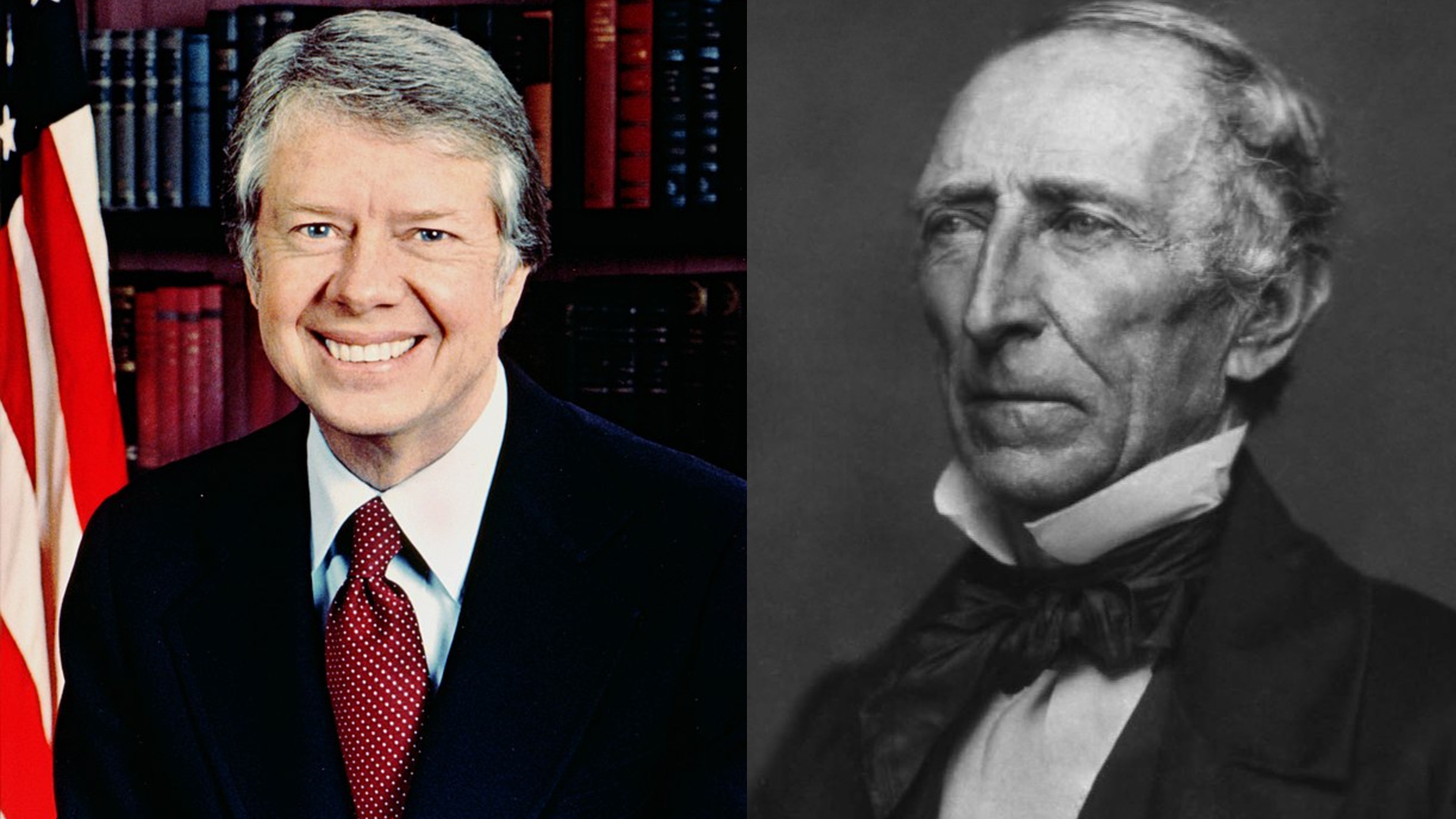
1 Weird Fact About Every President
Washington, Lincoln, FDR. Most people know something about the lives…
By Robbie Woods Dec 3, 2024
10 Actors Who Perfectly Played a Historical Figure & 10…
Which Performance is Your Favorite?. Playing the role of a…
By Rob Shapiro Sep 15, 2025
10 Actors Who Weren't Up To Playing A U.S. President…
Who Wouldn't Vote Woody Harrelson for President?. Actors who sign…
By Rob Shapiro Oct 22, 2025
10 Amazing Popes & 10 Who Weren't So Great
An Odd Cast of Characters Throughout History. From popes who…
By Henry Judd Apr 29, 2025
10 Ancient Civilizations You Don’t Want to Be Trapped In…
Grab Your Time Machine. Trying to pick out an ancient…
By Farva Ivkovic Feb 21, 2025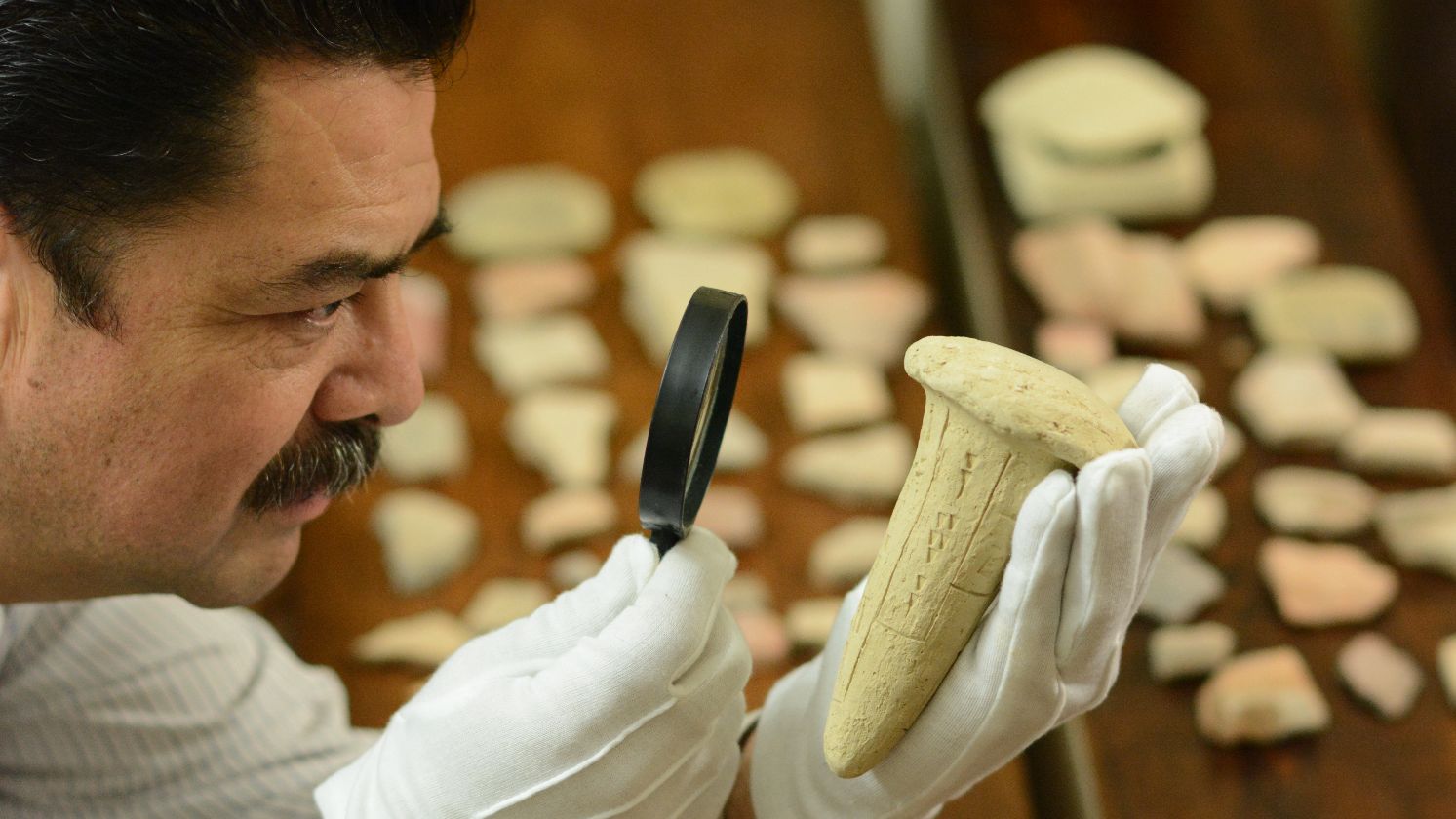
10 Ancient Lost Cities Yet To Be Found & 10…
Will You Find The Next Lost City?. Based on our…
By Breanna Schnurr Aug 27, 2025

